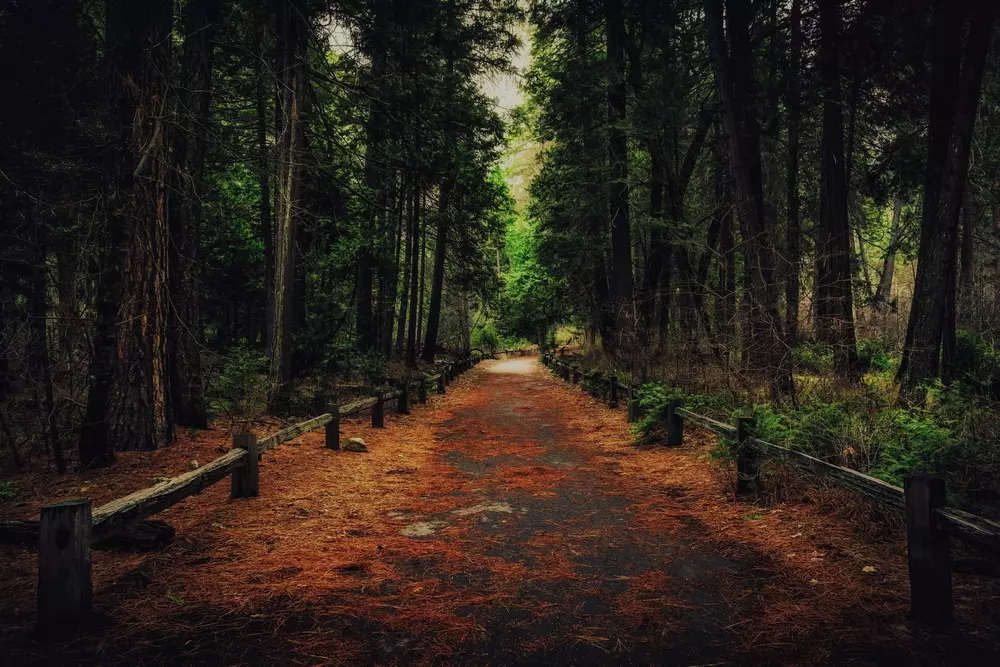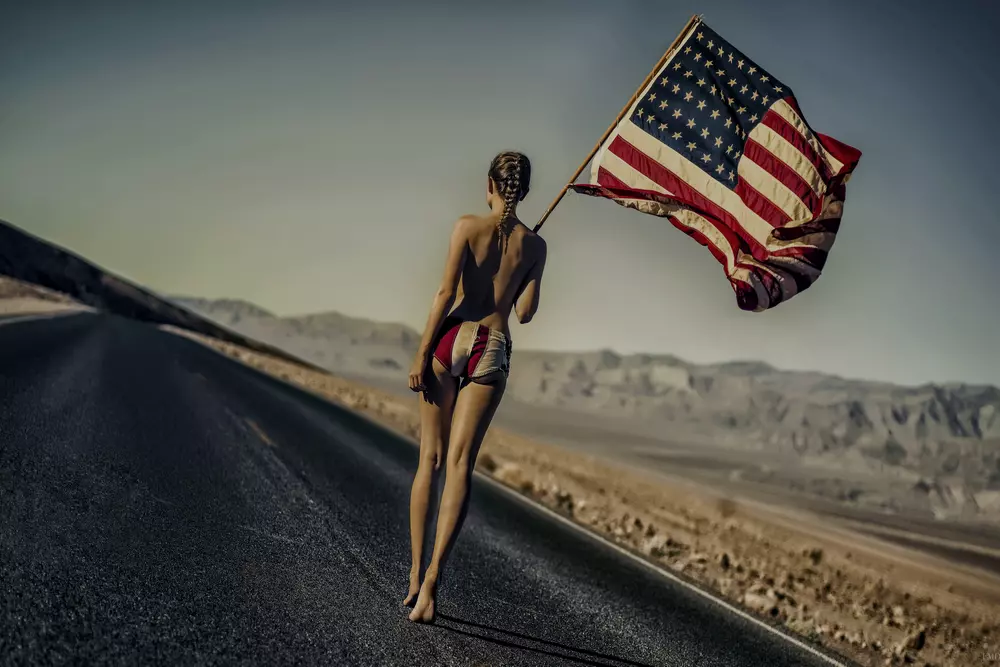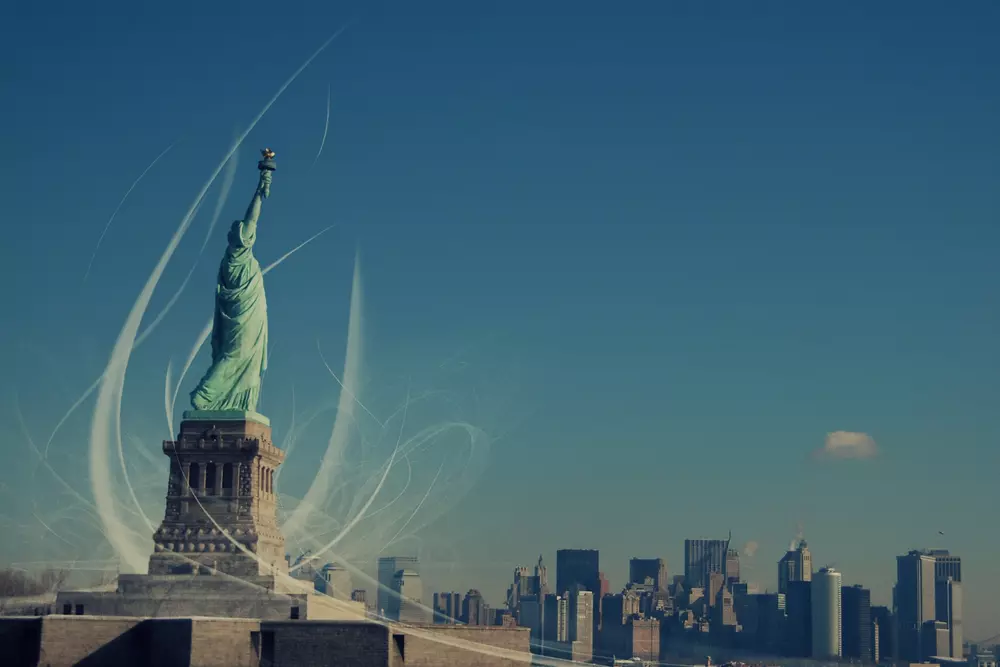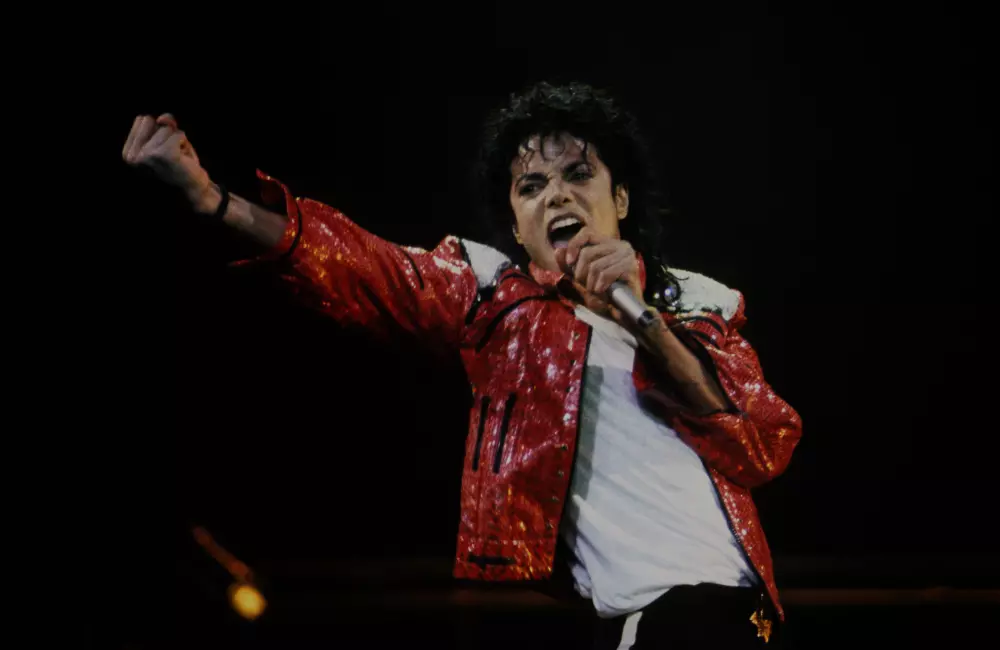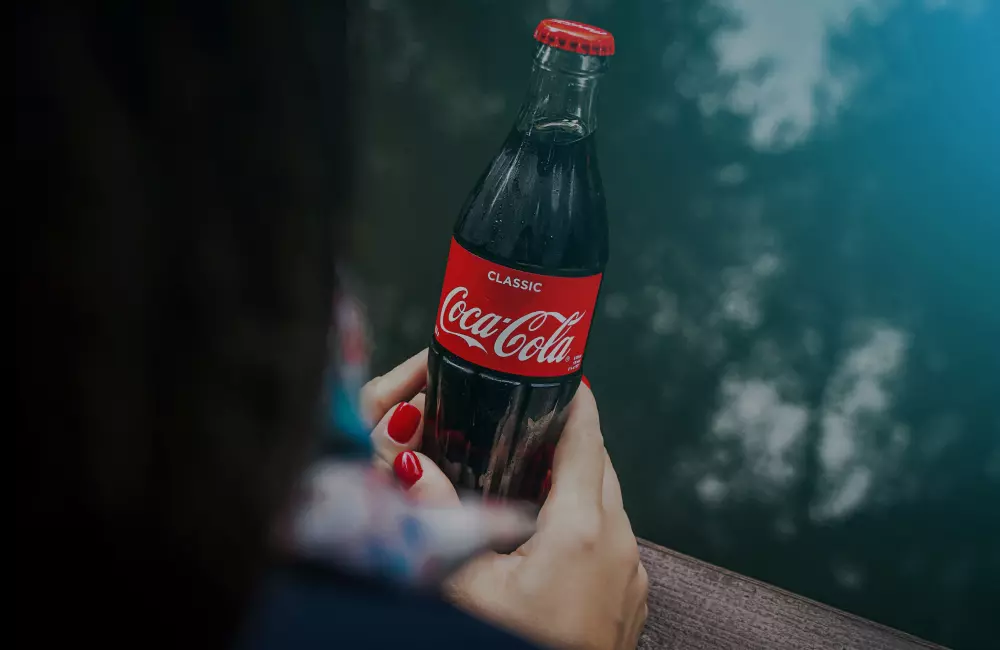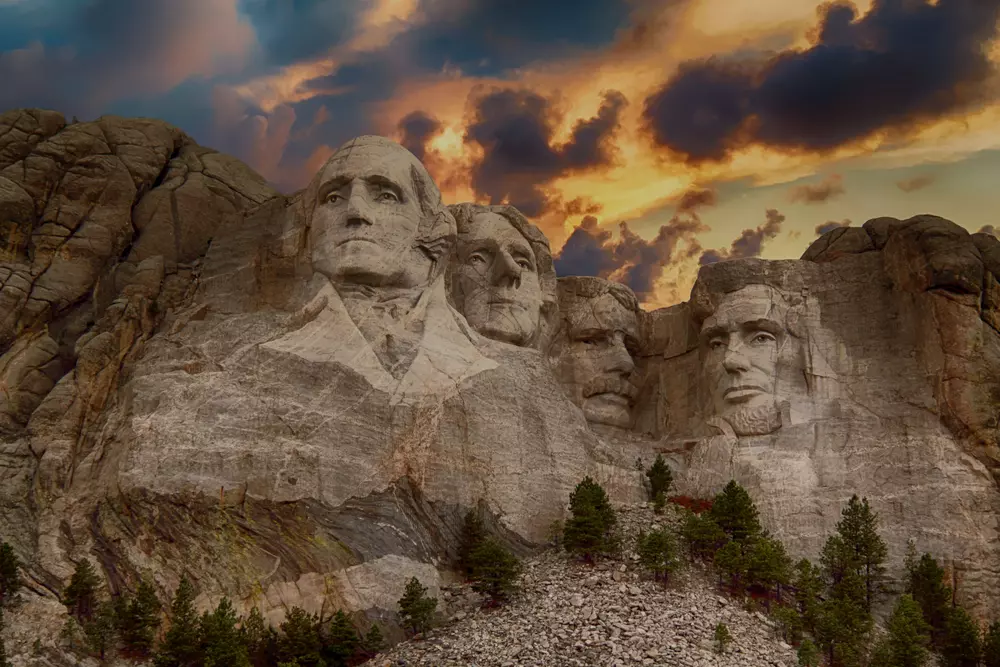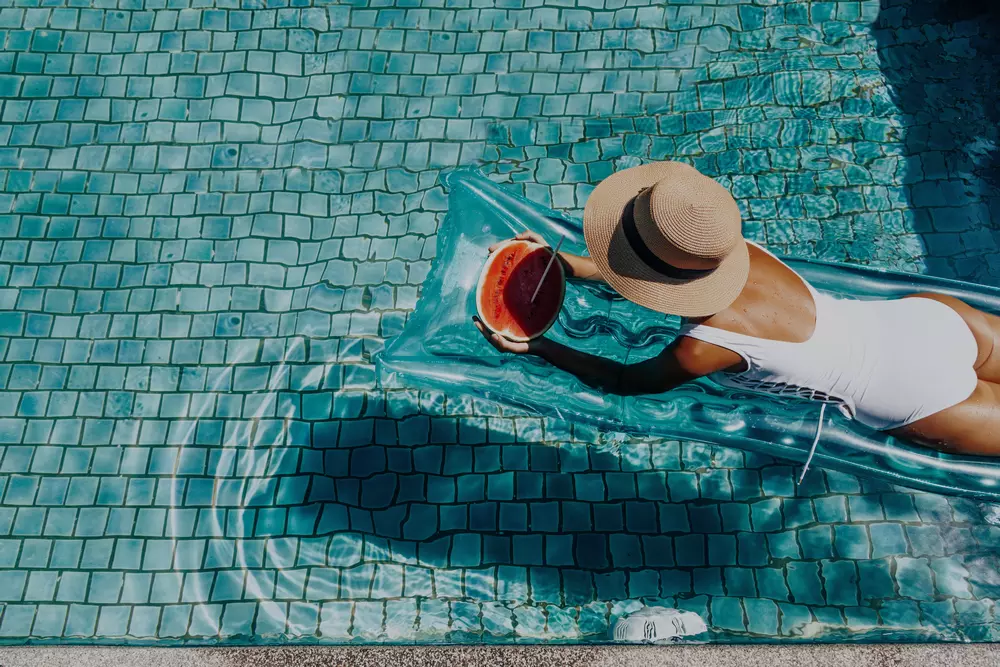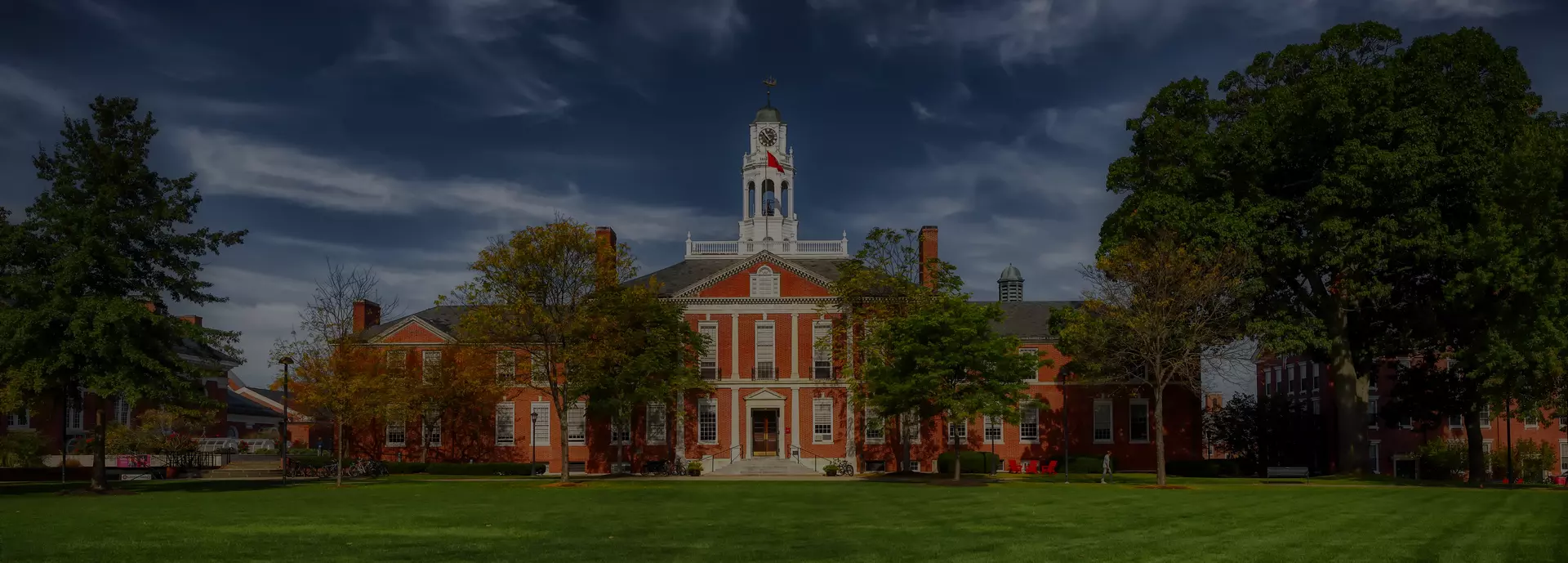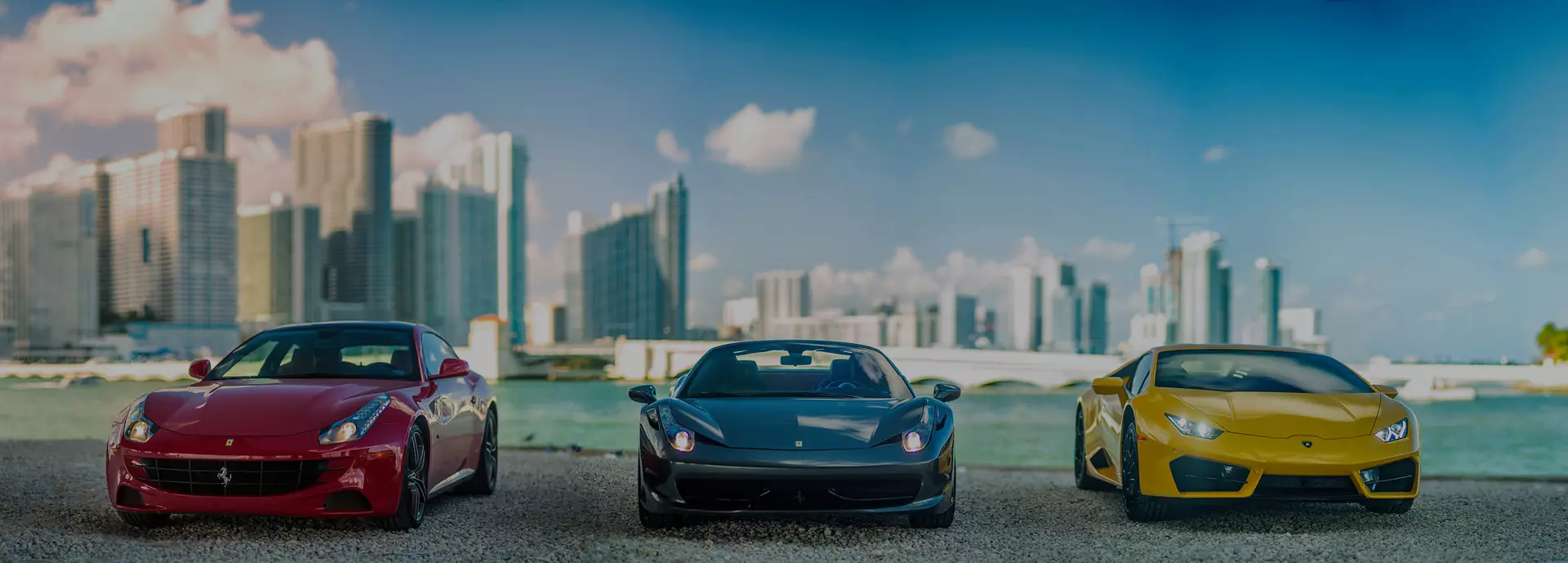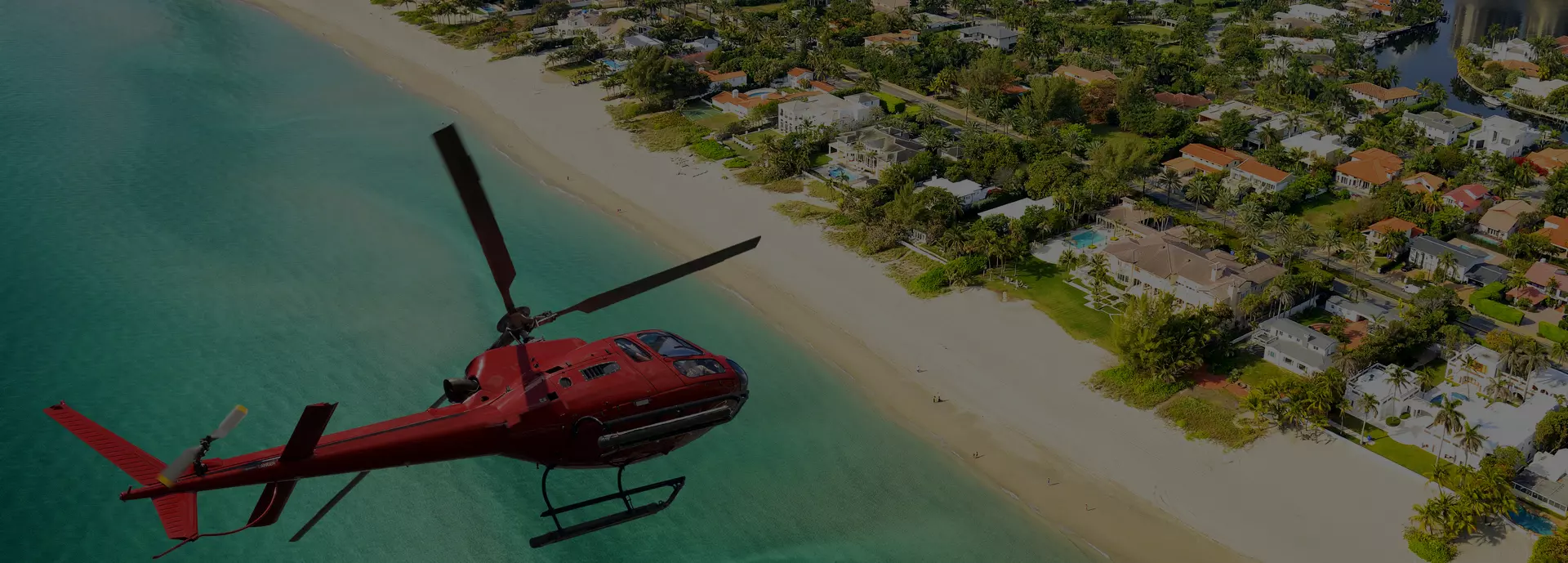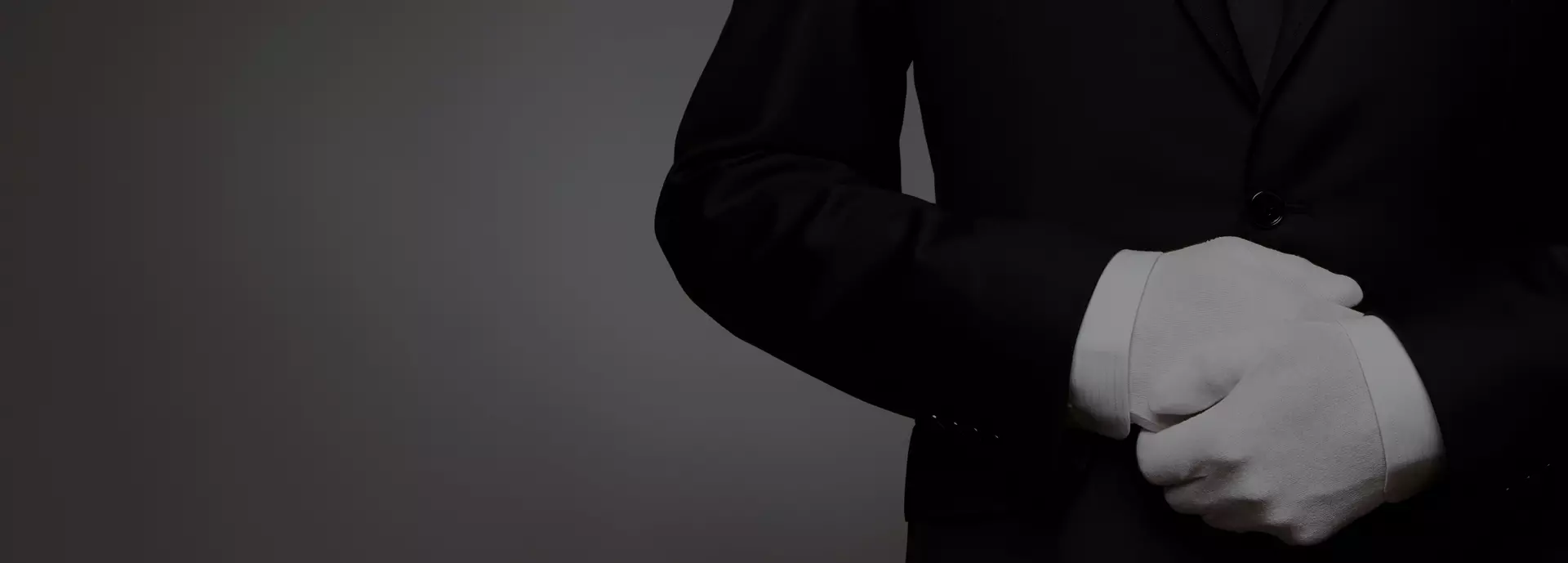Before you start packing your bags, it's crucial to gather your thoughts — do you know how to make your trip to the USA comfortable and safe? The experts at American Butler do, and they're eager to share their advice and recommendations.
We have compiled a list of the most crucial points about traveling in America just for you. In addition to tips, we've included handy cheat sheets and highlighted the essential everyday items you won't want to be without overseas.
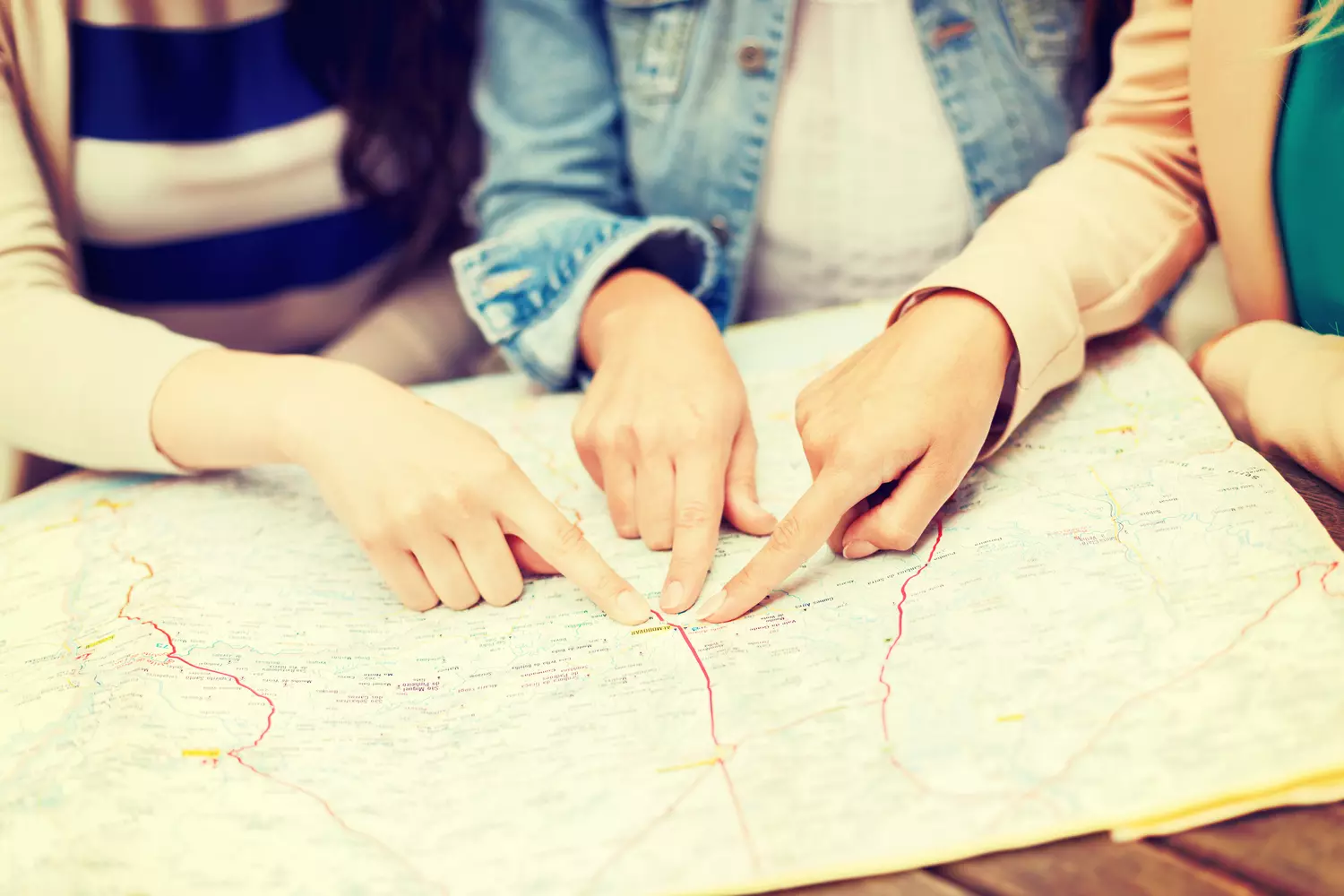
Where to Start: Key Aspects
There's no such thing as too much knowledge, especially when you're in a foreign country. As true connoisseurs of tourist America, American Butler has prepared a guide featuring the top 10 most important tips for tourists. The States are beautiful, but they become even more so when you know the following rules and recommendations.
Money, Taxes, and Payments
Even if your budget is strictly planned, always take 20-40% extra. At the very least, additional expenses will arise in categories such as:
- Tips — customarily left at 5-18% in taxis, cafes, restaurants, hotels, and other establishments where services are provided;
- Sales tax — this is not included in the price tags, as each state has its own rates. The total at checkout will always be higher than you calculated.
Cashless payments are supported almost everywhere, but it's better to use cash at gas stations and mobile phone shops. Gas stations may charge slightly more than the receipt when paying by card. Mobile companies may automatically deduct monthly service fees from the card you provided, even after you've left the US.
Identification
Make a notarized copy of your passport in advance. It's best to store the actual passport in a safe place and not take it out unless absolutely necessary — losing it can lead to significant problems.
You may be asked for identification, for example, when making large cash transactions. This is a normal practice and nothing to worry about, but for such occasions, it's better to carry notarized copies.
Health, Medical Care, and Insurance
- First, don't be lazy about getting a full medical check-up at home. Dental conditions, chronic diseases, vaccinations against viruses — all matter. Any medical procedures at home will cost significantly less than in the USA. For instance, an ambulance call can range from $400 to $1000, excluding treatment costs.
- Secondly, buy medical insurance. Coverage for a short tourist trip should be at least $50,000, for a longer stay — at least $100,000. It is also advisable to have a list of emergency contacts with you.
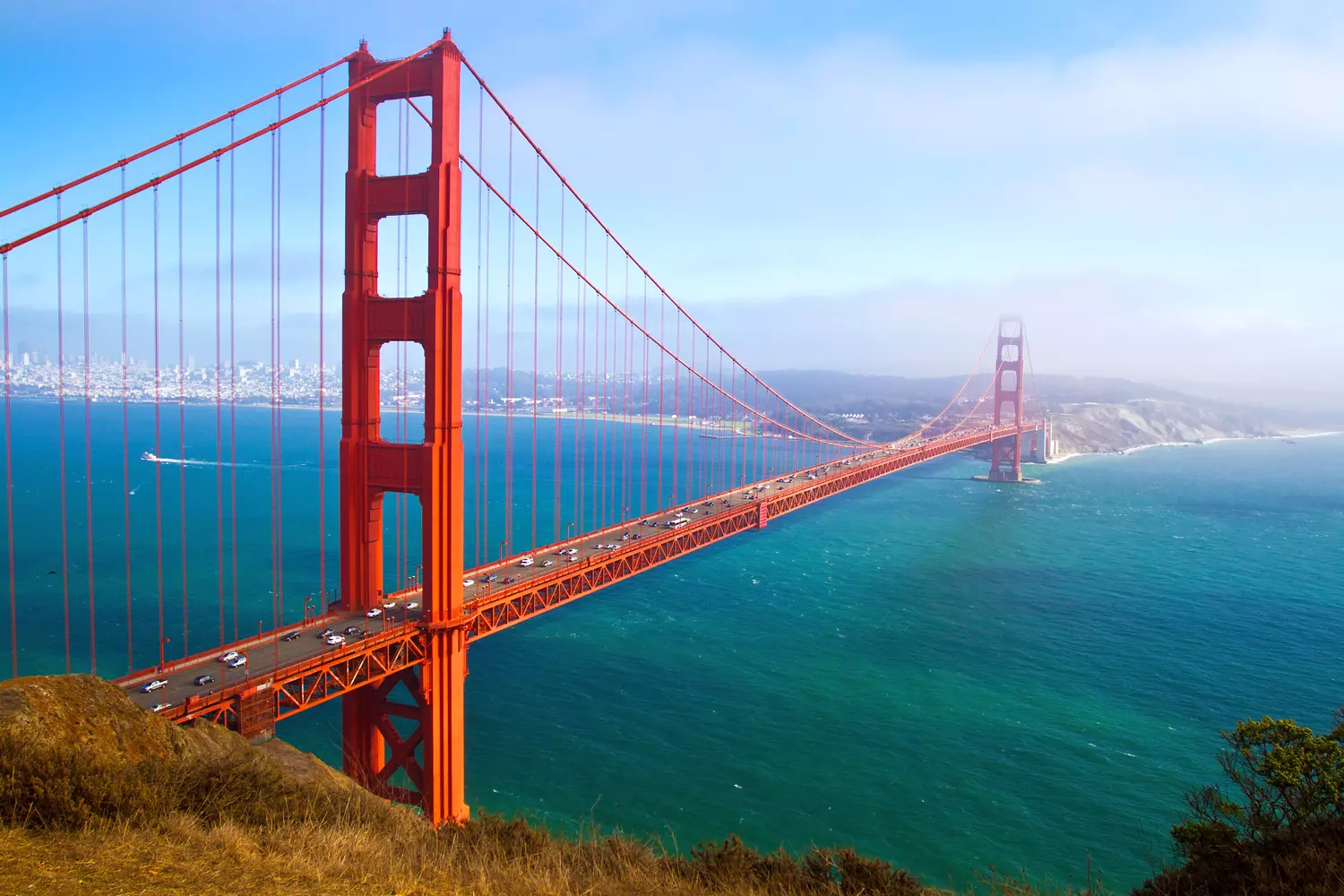
Household Issues and Logistics
Accommodation and Booking
Booking "at the desk" significantly increases the room cost, especially on weekends. Therefore, even if you are already in the USA and plan to check in within the hour, it's better to book online.
Also, some hotel chains (like Hilton) include everyone who registers on their website and books a room in their program. If you plan to travel around the country and stay only in these hotels, your stay will cost less with a "club" discount.
Electricity, Voltage, and Plugs
The voltage in the USA is only 110 volts, and the socket types are quite different. European plugs do not fit. We recommend buying a special adapter in advance — America has long been aware of this tourist issue and sells adapters at a high markup, from $5 and up. Even better, bring a portable charger and a car charger adapter.
Travel and Communication
If you plan to vacation outside major cities, definitely rent a car. Distances in America are vast, and sometimes even the nearest store is miles away. In cities, it's better to buy weekly metro passes, and you can travel between states on large coach buses like Megabus or low-cost carriers like Spirit Airlines.
To stay connected during your trip in the USA, consider buying a local SIM card or a plan for international roaming. Ensure your phone is unlocked and compatible with US networks.
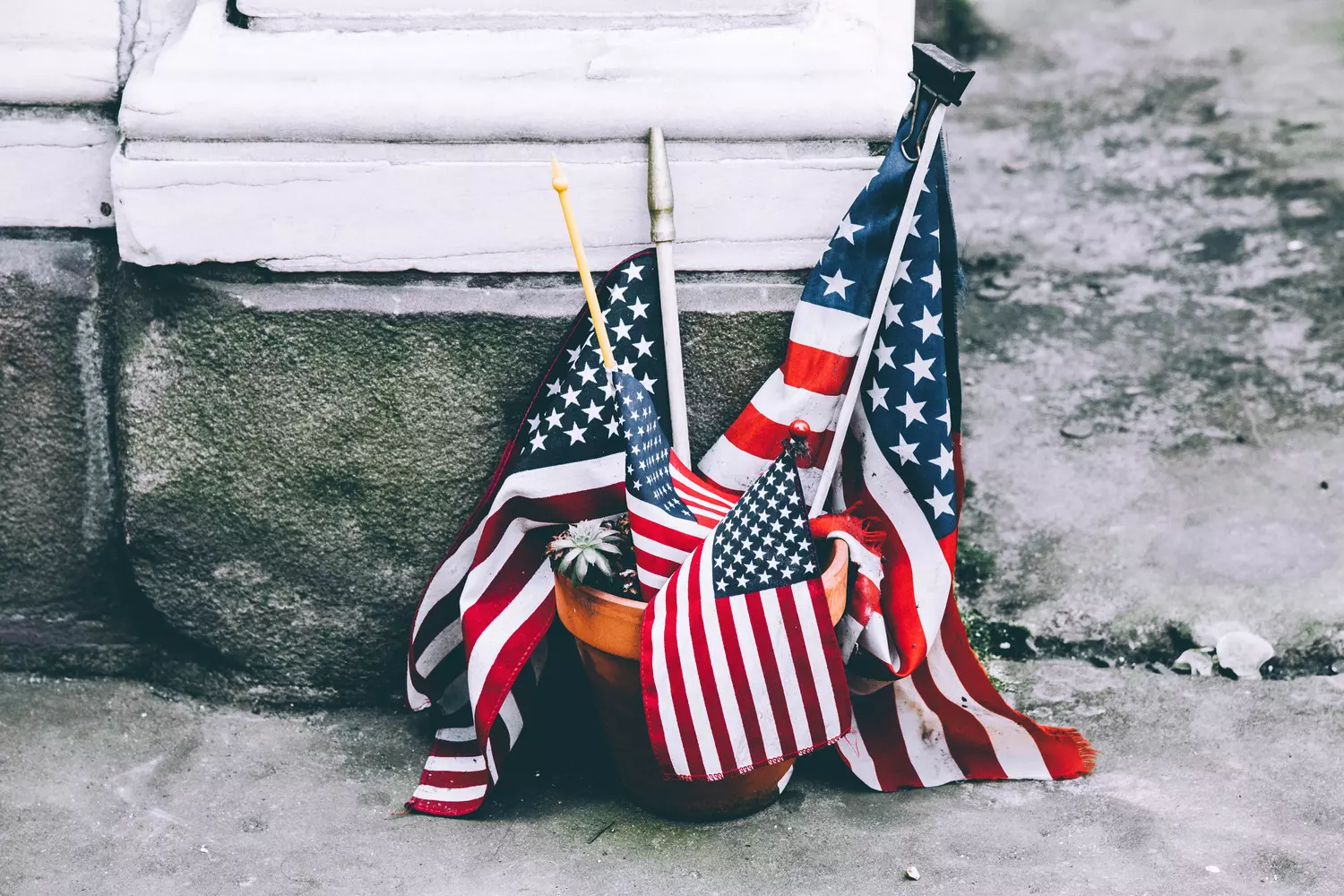
Behavior and Communication Safety Tips
The level of safety on the streets in the USA is quite high. However, it's still best to follow certain rules — they'll help you protect your belongings even in less-safe areas at night.
- Carry $15-50 in cash — in case of a mugging, you can give this money to get them to leave you alone. Don't resist — many criminals carry weapons. It's better to hand over valuables and then immediately contact the police.
- Try not to display your wallets and expensive technology in neighborhoods with a bad reputation (often these are impoverished "colored" areas).
- It's not advisable to be out alone when intoxicated. There's a 70% chance something will be stolen from you.
- Avoid hitchhiking; it's safer to travel by taxi.
- Check maps as infrequently as possible in crowded places — it signals that you're a foreigner and greatly distracts from the surrounding environment. For a pickpocket, this is the perfect moment to snatch valuable items from your bags and clothing. If you need to look at your credit card, step into a cafe or "squeeze" up against walls where there is surveillance.
- If you're staying in a budget motel or hotel, it's better to keep valuables in a safe. In large chain hotels, thefts are rare.
California National Parks: A Guide to the Best Travel Destinations
Communicating with Americans
Remember the penguins from the movie "Madagascar": "Smile and wave"? Adopt this as your main rule of communication. However, if you're a man, it's better not to wave at women, not to wink, not to get too close, and to interact neutrally overall. Accusations of harassment are not pleasant. Also, refrain from making jokes about race, nationalities and sexual orientations. The brighter you display friendliness, the more you will receive in return.
Receiving compliments is common in the USA, whether it's about your outfit or your level of English. Accept compliments with a smile and gratitude, even if it seems excessive. It's not only pleasant but also fosters a friendly atmosphere.
In the USA, politics and religion are considered private matters, and many prefer to avoid these topics in informal conversation. If your interlocutor does not start a discussion on these topics, it's better to choose more neutral topics.
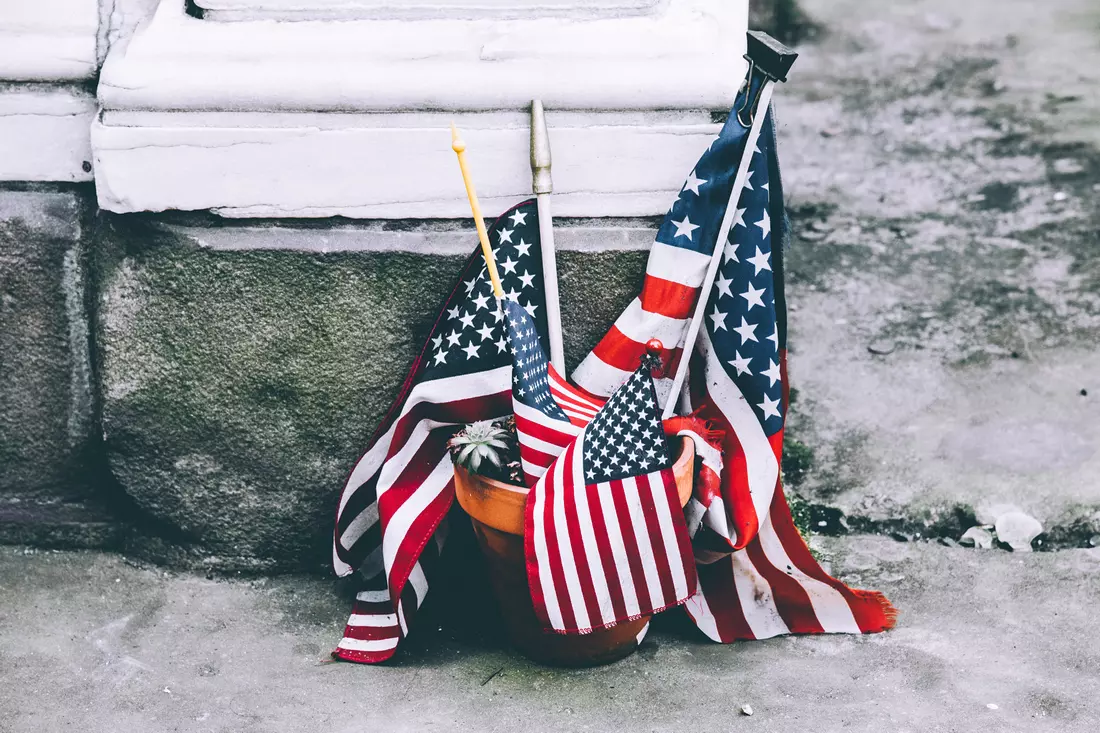
Measurements and Adaptation
Measurement Systems
America uses the British system of measurements, which often causes misunderstandings with foreigners. But here it's quite simple: use a converter or save this table and refer to it. Here are the most common measurements you'll encounter.
Distance/Length
- 1 foot = 30.5 cm;
- 1 yard = 91 cm;
- 1 mile = 1.68 km.
Weight
- 1 ounce = 28 g;
- 1 pound = 450 g.
Liquids
- 1 fluid ounce = 29.6 ml;
- 1 pint = 470 ml;
- 1 gallon = 3.8 l.
Street Navigation
It's always better to use a navigator with a compass and accurately orient yourself using the cardinal directions. Streets often have additional markings like west or east, and Americans frequently use these categories — directing you south or west from a certain point. Even in the subway, there are signs for uptown and downtown — they indicate the northern and southern directions of the street exits. Most often, the numbering goes from west to east on streets and from south to north on avenues.
Don't hesitate to ask locals or public transport workers for directions. Americans are generally friendly and willingly help tourists. This is also a great way to practice your English and learn more detailed information about local attractions.
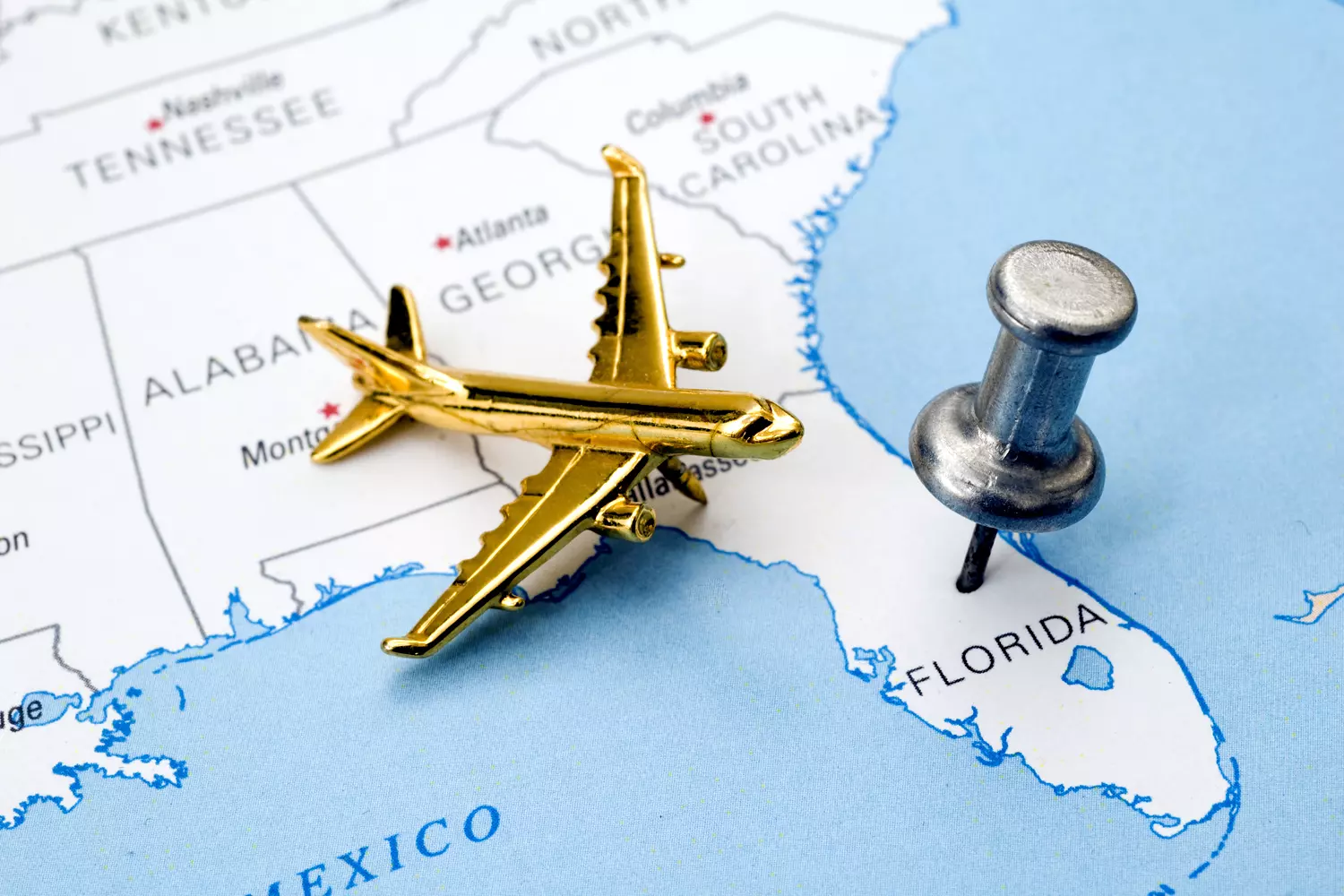
In fact, we have much more to tell you. You'll see this as you browse our website. And if you need help or advice on trips and leisure in the USA, reach out in the chat window. Specialists from American Butler are happy to share their experience.














